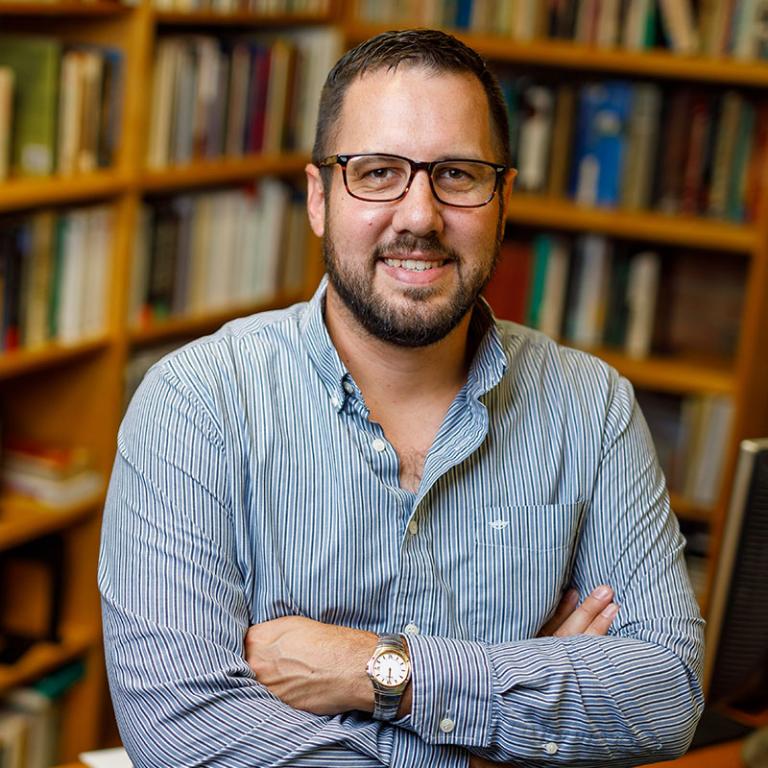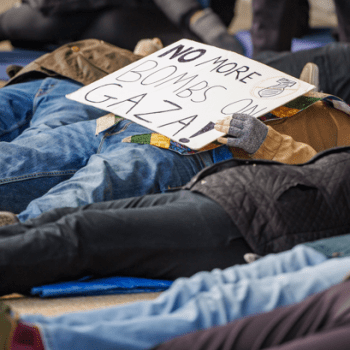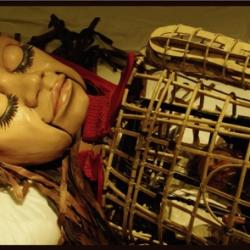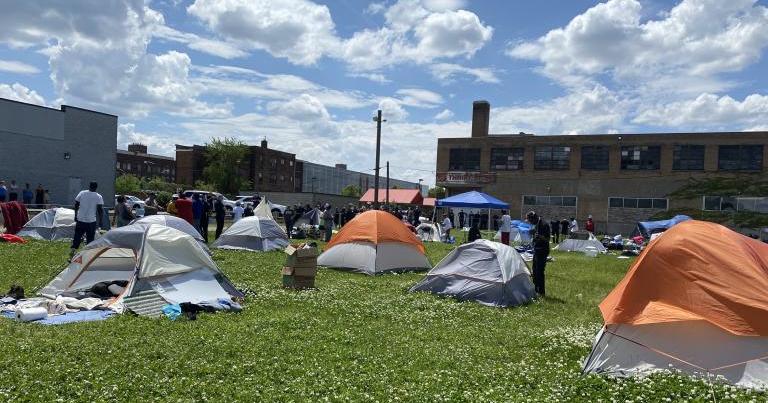At Anabaptist Mennonite Biblical Seminary, we celebrate Martin Luther King Jr. Day with a “day on.” Instead of taking the day off, we take the day to actively engage our community through activities inspired by King’s legacy. A couple years ago, I began a practice of reading one of King’s works and writing a short reflection on how it pertains to today. This year the text I chose was King’s final book, Where Do We Go from Here: Chaos or Community? For better or worse, this text is still strikingly relevant in our day.
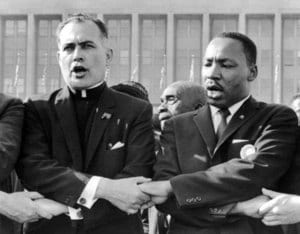
Along with my neighbor André Northern, I wrote a reflection on this work in our local paper, the South Bend Tribune, titled “Accountability before Unity” (the online version has a longer title). We begin this way:
In the wake of a tumultuous presidential transition, it is time to reconsider what kind of society we desire. There have been consistent calls by elected officials for “healing and unity” in the aftermath of the violent insurrection of Jan. 6 that took six lives, including Capitol police officers Brian Sicknick and Howard Liebengood. But what these calls have failed to answer is this: From what do we need healing? And on what should our unity be based?
After commemorating the life and legacy of Martin Luther King Jr., we turn to him for answers. In 1967, King penned his vision for American society in his final book before his assassination: “Where Do We Go from Here: Chaos or Community?”
According to King, what ails American society is schizophrenia between its quest for a fully inclusive democracy and its entrenched racism that resists strides toward equality. “Ever since the birth of our nation,” King writes, “white America has had a schizophrenic personality on the question of race. She has been torn between selves — a self in which she proudly professed the great principles of democracy and a self in which she sadly practiced the antithesis of democracy.”
Read the rest of the article here.

